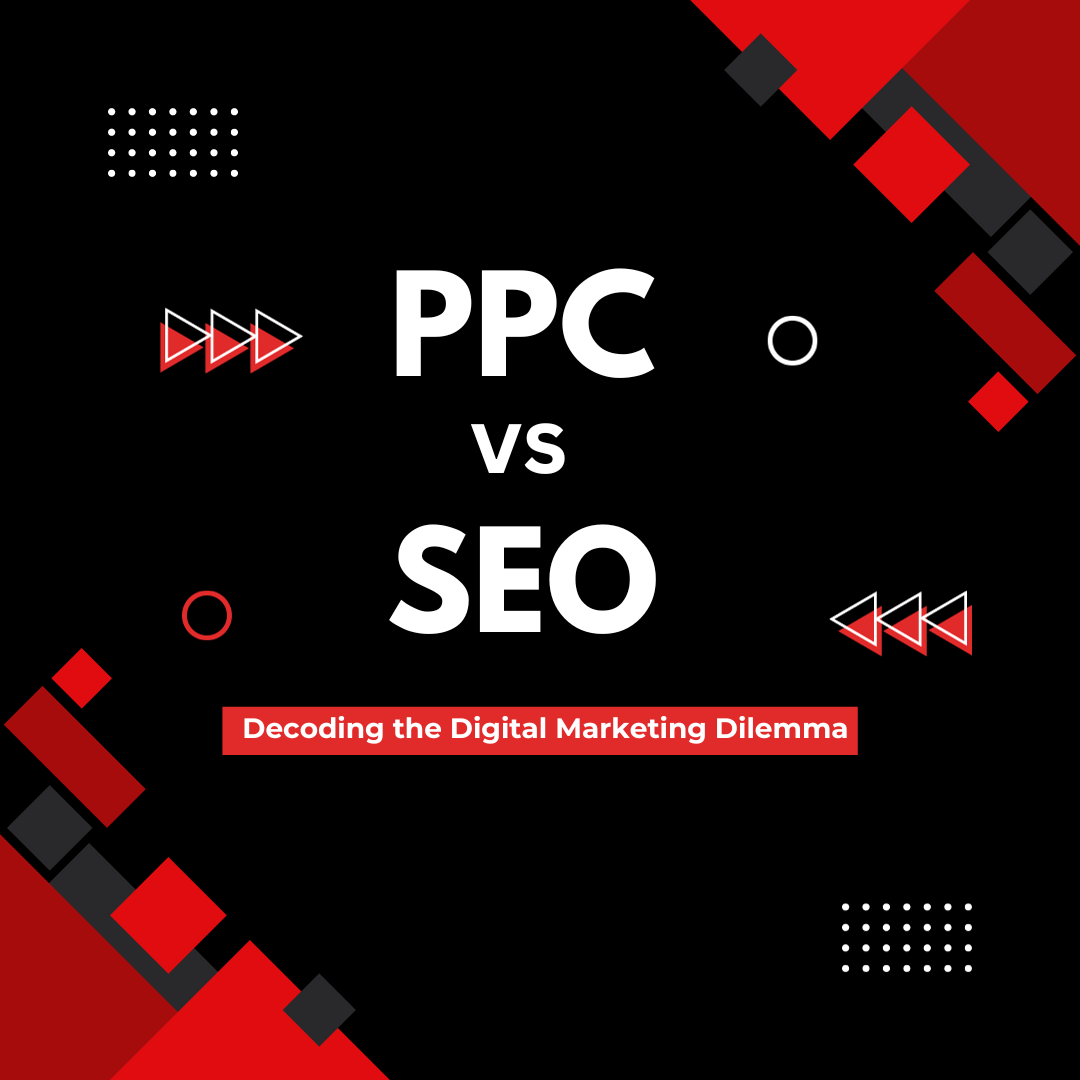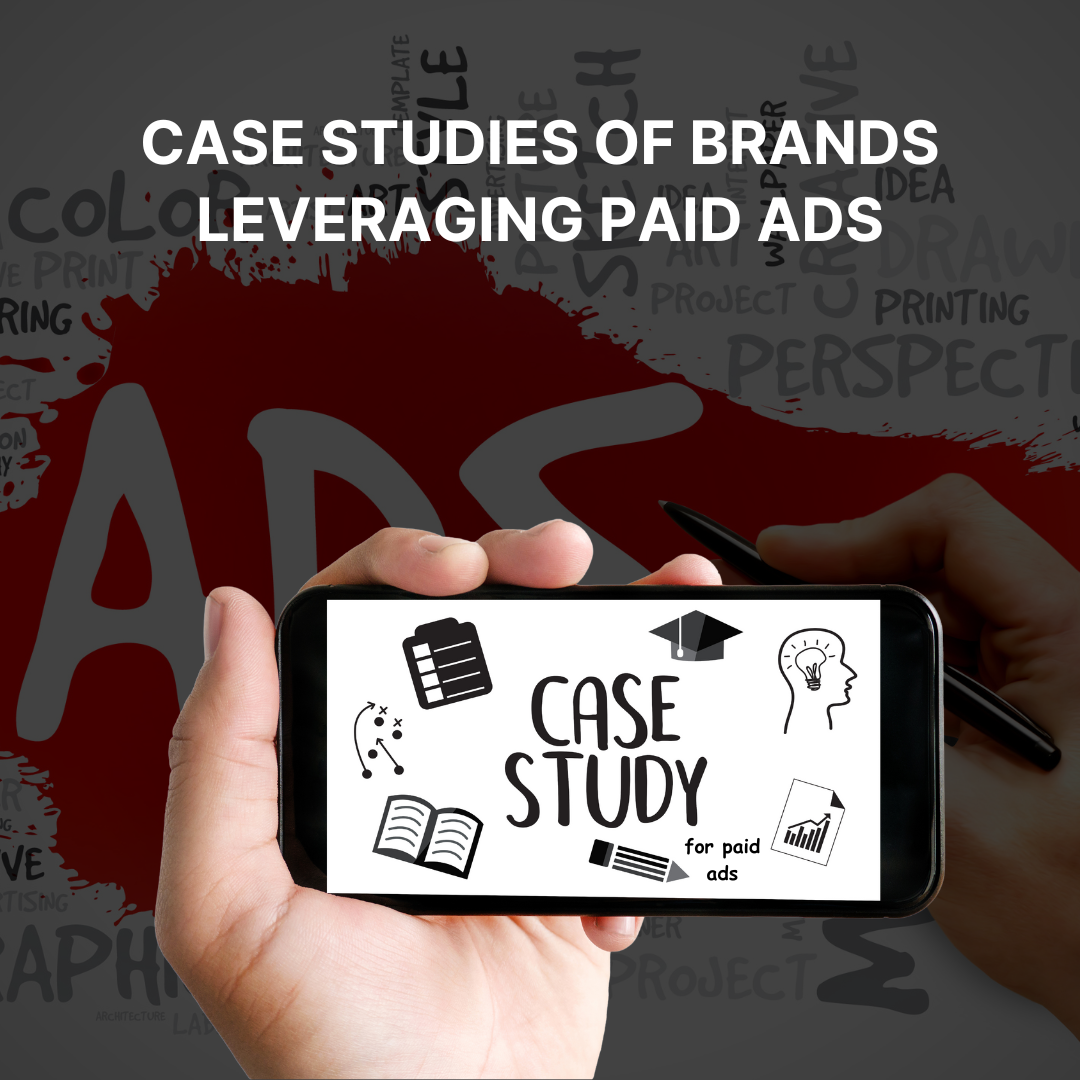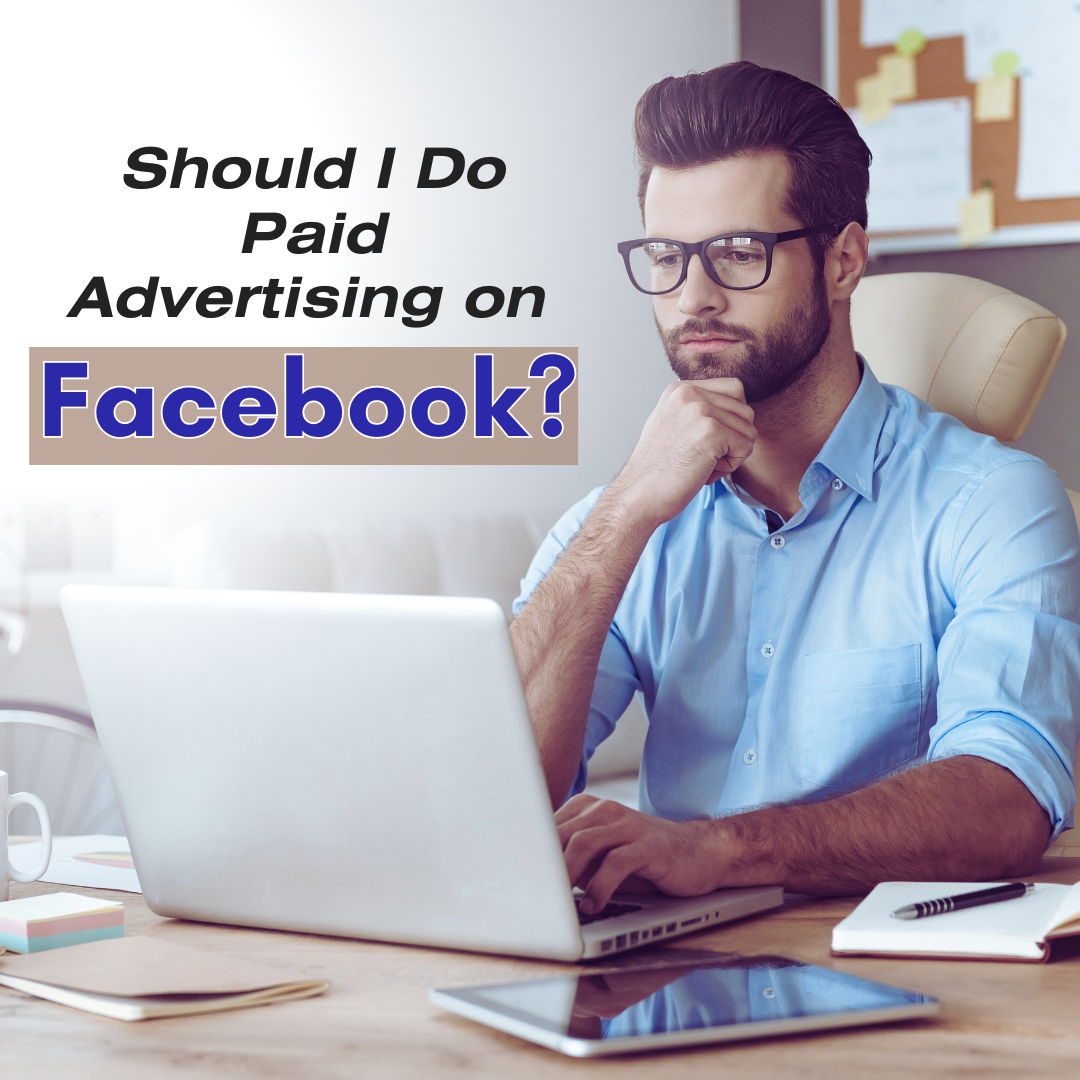The Strategic Choice: PPC vs. SEO - Decoding the Digital Marketing Dilemma
Introduction:
In the dynamic realm of digital marketing, businesses face a crucial decision when it comes to enhancing their online visibility and driving traffic to their websites. Pay-per-click (PPC) advertising and search engine optimization (SEO) emerge as two prominent contenders in this arena, each offering distinct advantages and challenges. While SEO has long been a staple for organic growth, PPC has gained traction for its immediate and measurable results. In this blog, we delve into the reasons why businesses often choose PPC over SEO, exploring the strategic considerations that drive this decision.
1. Speed and Immediate Results:
One of the primary reasons businesses opt for PPC is the speed at which it delivers results. Unlike SEO, which requires time to build organic rankings, PPC campaigns can generate immediate visibility on search engine results pages (SERPs). For businesses looking to quickly attract targeted traffic, launch new products, or capitalize on time-sensitive promotions, the instant gratification offered by PPC can be a game-changer.
2. Targeted Advertising:
PPC allows businesses to target their audience with surgical precision. Through sophisticated targeting options, advertisers can tailor their ads based on demographics, location, device, and even specific keywords. This level of granularity ensures that marketing budgets are efficiently utilized, reaching the most relevant audience and maximizing the chances of conversion. SEO, while effective in attracting organic traffic, may not offer the same level of precision in targeting specific demographics or interests.
3. Control and Flexibility:
PPC provides advertisers with a high degree of control over their campaigns. From budget allocation to ad scheduling and audience targeting, businesses can tweak their PPC campaigns in real-time to optimize performance. This level of control is especially advantageous for businesses in rapidly changing industries or those with fluctuating market demands. SEO, on the other hand, involves a more gradual process, and changes may take time to reflect in search rankings.
4. Measurable ROI:
One of the standout features of PPC advertising is its measurability. Businesses can track every aspect of their PPC campaigns, from clicks and impressions to conversions and revenue generated. This data-driven approach enables advertisers to calculate a precise return on investment (ROI) and make informed decisions about the effectiveness of their campaigns. SEO, while offering valuable insights through analytics, often requires a more nuanced evaluation of performance metrics.
5. Budget Control and Cost Predictability:
PPC operates on a pay-as-you-go model, where advertisers only pay when users click on their ads. This makes budgeting more predictable and controllable, allowing businesses to allocate funds strategically. With PPC, advertisers can set daily or monthly budgets, ensuring they don't overspend. In contrast, SEO involves ongoing efforts that may not guarantee immediate returns, making it harder for businesses to predict costs accurately.
6. Competition and Ad Placement:
In highly competitive industries, securing a prominent position on SERPs through SEO alone can be challenging. PPC, however, allows businesses to bypass the organic competition and secure prime ad placements. This is particularly advantageous for industries where the top positions on SERPs are dominated by established players, and breaking into those coveted spots organically may take considerable time and effort.
7. A/B Testing and Iterative Optimization:
PPC lends itself well to A/B testing, enabling businesses to experiment with different ad copies, keywords, and landing pages to identify the most effective strategies. This iterative optimization process allows advertisers to refine their campaigns continuously, improving click-through rates and conversion rates over time. SEO, while adaptable, may not provide the same immediate feedback and flexibility for rapid adjustments.
Conclusion:
While SEO remains an integral part of a comprehensive digital marketing strategy, the choice between PPC and SEO often comes down to the specific goals, timelines, and resources of a business. PPC offers speed, precision, and immediate results, making it an attractive option for those seeking quick returns on investment and targeted advertising. However, the most effective approach may involve a synergistic blend of both PPC and SEO, leveraging the strengths of each to create a robust and sustainable online presence. Ultimately, the decision should align with the unique characteristics and objectives of the business, ensuring a tailored strategy that maximizes digital marketing success.




